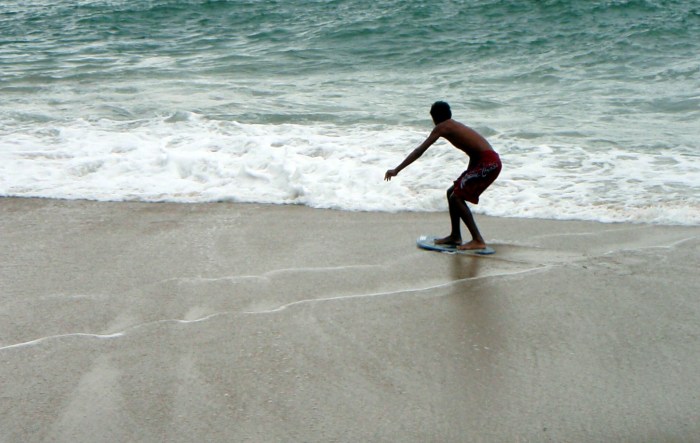Wade through a book just to trash it clue is an important concept in literary criticism that encourages readers to engage with a work in its entirety before forming an opinion. This practice ensures that critiques are well-informed, objective, and respectful.
By understanding the context, analyzing the content objectively, and approaching the critique with respect, readers can avoid superficial or biased judgments and produce thoughtful, nuanced evaluations.
Critique and Evaluation

To provide a fair and accurate critique of a book, it is essential to read it in its entirety. A superficial reading can lead to inaccurate or biased criticism, as it may not fully capture the author’s intent, the book’s context, or its overall impact.
Situations Requiring Thorough Reading, Wade through a book just to trash it clue
- Complex or challenging texts that require multiple readings to fully grasp the content.
- Books that present controversial or sensitive topics that need to be understood from multiple perspectives.
- Works of literature or scholarship that require a deep understanding of the author’s style, themes, or arguments.
Contextual Understanding

Understanding the context of a book is crucial for a meaningful critique. The genre, author’s background, and historical setting can significantly influence a book’s interpretation.
Factors Influencing Interpretation
- Genre:Different genres have distinct conventions, structures, and expectations that shape the reader’s experience.
- Author’s Background:The author’s experiences, beliefs, and cultural background can influence the themes, characters, and writing style of the book.
- Historical Setting:The time and place in which a book is written can provide insights into its themes, characters, and social commentary.
Objective Analysis
An objective book critique separates personal opinions from factual observations. It involves identifying biases and preconceptions that may influence the critique.
Key Elements of Objectivity
- Factual Evidence:Supporting claims with specific examples and evidence from the text.
- Balanced Perspective:Acknowledging both strengths and weaknesses of the book, avoiding extreme praise or criticism.
- Avoidance of Personal Attacks:Focusing on the book’s content and arguments, rather than attacking the author or their character.
Respectful Critique: Wade Through A Book Just To Trash It Clue

Constructive criticism provides valuable feedback without resorting to personal attacks or insults. It acknowledges the author’s effort and perspective while offering suggestions for improvement.
Examples of Respectful Critique
- Emphasizing Strengths:Recognizing the positive aspects of the book, such as well-developed characters or a compelling plot.
- Suggesting Improvements:Offering specific suggestions for enhancing the book’s clarity, pacing, or character development.
- Avoiding Insults:Using respectful language, even when disagreeing with the author’s观点.
Essential FAQs
Why is it important to read an entire book before critiquing it?
Reading a book in its entirety provides a comprehensive understanding of its content, context, and author’s intent, allowing for a more informed and balanced critique.
How can a lack of context lead to inaccurate criticism?
Without understanding the genre, author’s background, and historical setting, readers may misinterpret the book’s content and draw inaccurate conclusions.
What are some key elements of an objective book critique?
Objectivity involves separating personal opinions from factual observations, identifying biases, and presenting evidence to support claims.